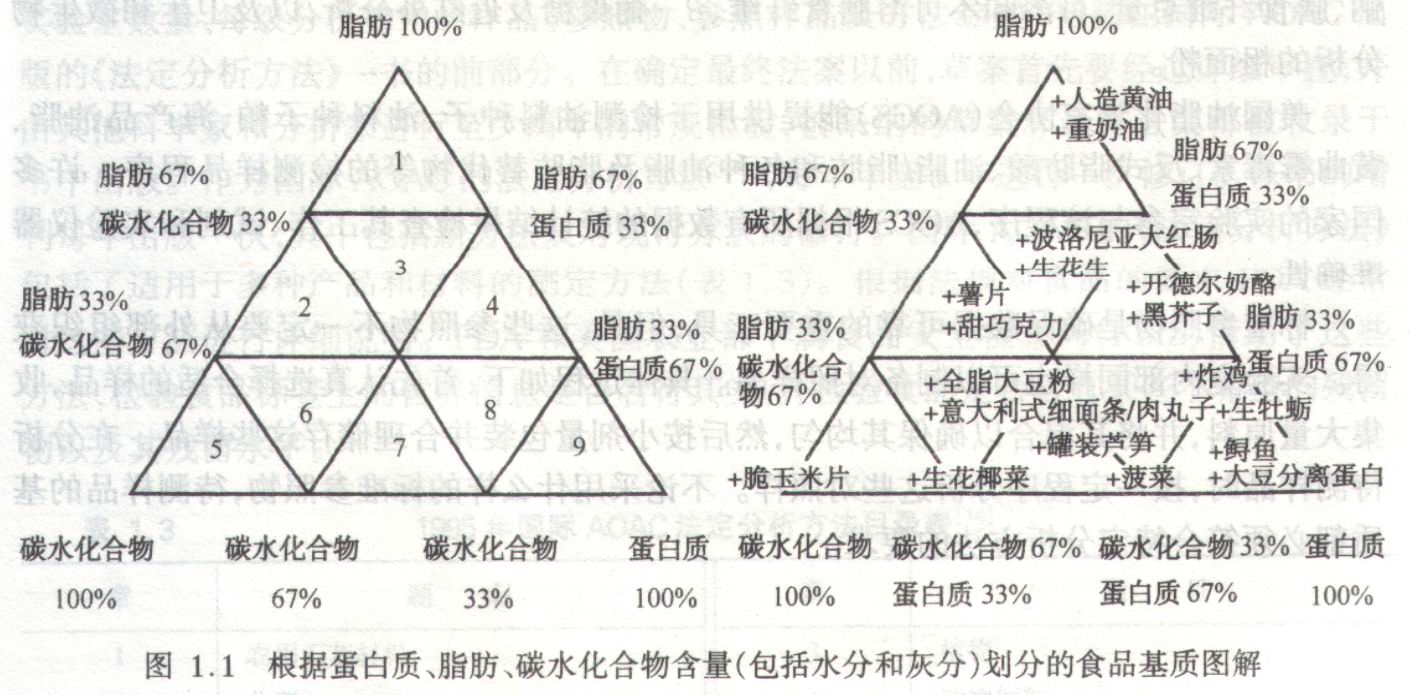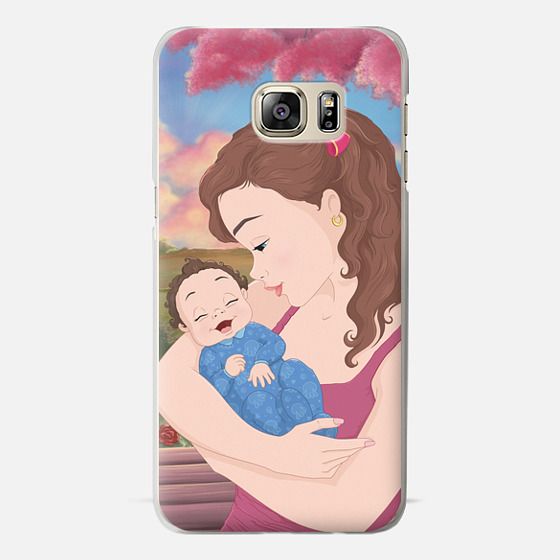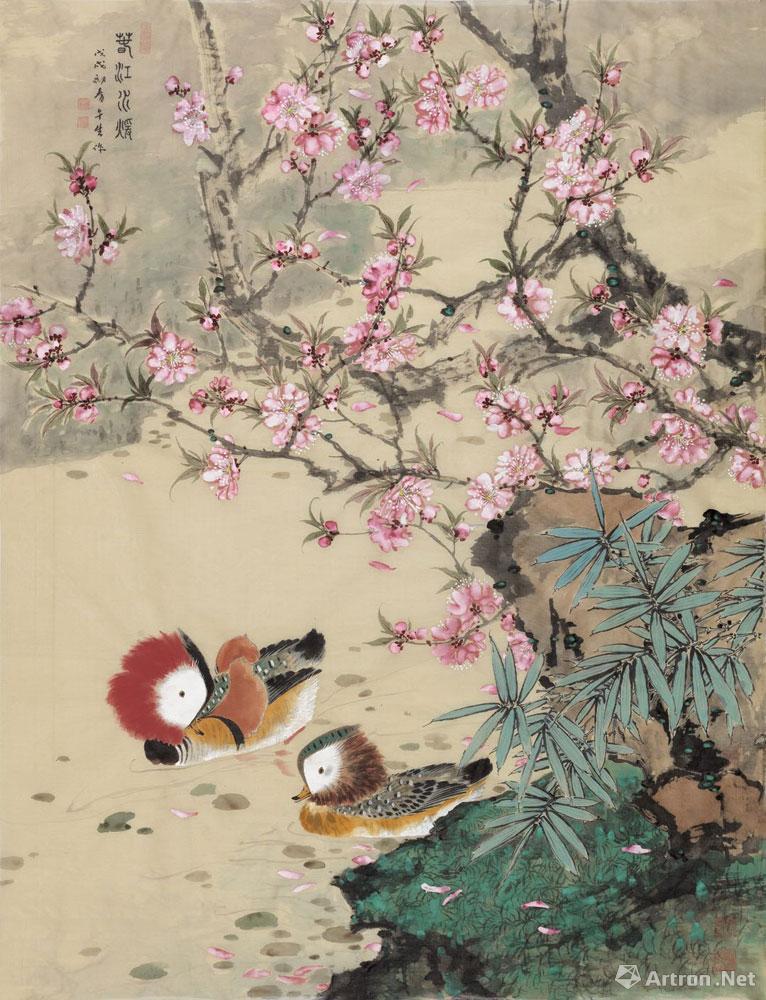一、litter 是可数名词吗 有什么辨别可数或不可数的方法..
litter n. small pieces of rubbish such as paper, cans and bottles, that people have left in a public place (在公共场所乱扔的)垃圾
示例
There will be fines for people who leave litter. 乱扔垃圾的人将被罚款。
用法点击
litter 用作名词,表示“垃圾或杂物”,是不可数名词。用做单数名词时,表示“杂乱;凌乱”,例如:Her desk was covered in a litter of books and papers. 她的书桌上都是乱七八糟的书和稿子。litter 还可作动词,常用于litter something with something,表示“乱扔……使(某处)凌乱”。例如:The desk was littered with books and papers. 桌子上堆满了书和稿子,凌乱不堪。
一般来说,可数名词有单、复数之分。像表示人或事物的名词和集体名词等一般都是可数的。有时候,我们也可以在该词之前试着加一加基数词来进行判断。一般能用基数词数的名词,通常是可数名词,
二、litter是可数吗?
litter作“一窝”解时是可数集合名词,当其作主语时,谓语动词可用单数形式,也可用复数形式。
litter
英 ['lɪtə(r)] 美 ['lɪtər]
n. 垃圾;杂乱;一窝(幼仔);褥草;轿子
v. 乱丢垃圾;弄乱;产(幼仔);用草等给动物铺窝
例句:His litter strewn room really needed to be cleaned.
翻译:他杂乱的房间该好好收拾一下了。
短语:drop〔leave〕 litter 乱扔杂物
近义词
rubbish
英 ['rʌbɪʃ] 美 ['rʌbɪʃ]
n. 垃圾;废物;废话;碎屑
v. 贬损
例句:The dustman comes once a week to collect the rubbish.
翻译:垃圾工每周来收一次垃圾。
用法
n. (名词)
rubbish的基本意思是“垃圾,废弃物”,指已经或将要被扔掉的无价值或无用途的东西,是不可数名词。引申可表示“无意义的东西”“废话,胡说八道”,多用于贬义。
三、litter可数吗 额外人打扰
表示废弃物(尤指在公共场所乱扔的废纸)、猫砂、垫草时是不可数名词,
eg.The streets were full of litter.街道上满是乱扔的废纸,
其它情况litter和many是反义词并且都是可数名词.
百度词典给出的解释如下:
1.废弃物,零乱之物[U]
There were piles of litter on the streets.
街上有一堆一堆的废弃物.
2.杂乱[S]
Her room was in such a litter that she was ashamed to ask me in.
她的房间十分杂乱,她不好意思请我进去.
3.(动物睡窝里垫的)干草等物;厩肥[U]
4.(猪、狗等生下的)一窝(仔畜)[C][G]
A female rat may have five or six litters yearly,and an average of nine per litter.
一只雌鼠每年可产幼仔五至六窝,平均每窝九只.
5.(森林里的)枯枝落叶层[U]
6.轿,舆;担架[C]
其中,
[U] 表示不可数名词.通常不与a/an/one连用,无复数,后接单数动词,用little/much等修饰.
[C] 表示可数名词.可以用a/an/one修饰,亦可加-(e)s构成复数,用few/many等修饰.
[S] 表示指该词只用单数形,通常与不定冠词连用.
四、在英语中,Litter,less,few修饰什么词,修饰的是可数还是不可数的
little
修饰不可数名词,eg
little
water表示小的意思时候可以修饰可数名词,eg。
a
little
boy
less
是little的比较级
few
是修饰可数名词,few
children
五、litter可数吗
litter是不可数名词。作名词时意为“垃圾;轿,担架;一窝(动物的幼崽);凌乱,人名”。作及物动词时意为“乱丢;给…垫褥草;把…弄得乱七八糟”。作不及物动词时意为“产仔; 乱扔废弃物”。
litter短语
litter box猫砂;产仔箱
ground litter枯枝落叶层;植物性地被物
Straw litter干稻草;稿草垫草
litter tigers小老虎
litter例句
1、They pick up litter.
他们拾起垃圾。
2、Look, a litter of pups!
看呐,一窝小狗!
3、Litter boxes are never lucky.
垃圾桶可不是什么吉祥玩意儿。
4、Don't throw litter everywhere.
不要随地丢垃圾。
5、Don't litter the ground with paper.
勿随地乱扔纸屑。
六、litter和rubbish可数吗
rubbish作名词有“垃圾”、“废弃物”、“劣质的动词”;“废话”的意思,其复数形式为rubbishes;
litter是不可数名词,作名词时意为垃圾;轿,担架;一窝(动物的幼崽);凌乱,人名;作及物动词时意为乱丢;给…垫褥草;把…弄得乱七八糟;
作不及物动词时意为产仔; 乱扔废弃物 扩展资料
rubbish的用法
(1)They had piled most of their rubbish into yellow skips.
他们把大多数的垃圾堆到了黄色的废料桶里。
(2)He described her book as absolute rubbish.
他说她的书一文不值。
(3)He's talking rubbish
他胡说八道。
(4)These reports are total and utter rubbish.
这些报告废话连篇。
(5)The result also often has only "scope" but no "depth" and exists plenty of rubbishes.
查询的结果往往只有广度而没有深度,存在大量的垃圾信息.
2.同义词辨析
(1)garbage多指生活中的有机废料,如废纸、包装盒、剩菜剩饭等。
Garbage pollutes our rivers and lakes.
垃圾污染我们的河川湖泊。
(2)debris指某处堆积如山的垃圾货某种材料无用的'碎渣、碎片等。
The ditches had filled up with mud and debris.
沟渠中塞满了淤泥和垃圾。
(3)junk指没有用处、毫无价值的废旧物品。
He threw away all the junk in the boot of his car.
他把汽车行李箱中所有废旧杂物都扔掉了。
(4)litter尤指在公共场所散落于地、有碍观瞻的废弃物。
There were piles of litter in the streets.
街道上垃圾成堆。
(5)waste多指已无使用价值的材料或陈旧的、破损的物品,也可指任何被丢弃之物。
They disposed of the city's waste in the sea.
他们把城里的垃圾倒入海中。








